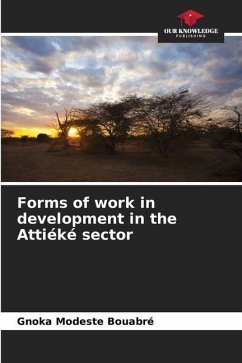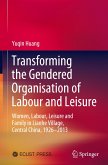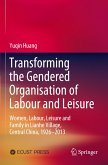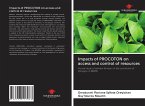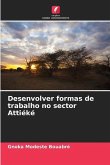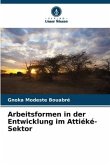The objective of this study is to identify the working conditions capable of making the quality of Attiéké production "sustainable" for traditional operators in Côte d'Ivoire, while describing the skills to be built for the organizations of this product and in order to estimate the psychosomatic risks generated by the artisanal production of this commodity. The methodological approach was based on the qualitative survey method through semi-structured interviews, individual interviews and focus groups. It was noted that today in Côte d'Ivoire, the Attiéké production activity offers at least seven (7) main jobs and at least nine (9) subsidiary jobs in the unstructured or so-called informal sector. These jobs, which were once exclusively for women, have attracted male skills thanks to the invigorating and promising prospects offered by this sector. However, the workers in this promising sector do not have competitive qualifications and modern production process skills. These jobs are dominated by an illiterate or uneducated workforce, exposed to physical and chemical risks.
Bitte wählen Sie Ihr Anliegen aus.
Rechnungen
Retourenschein anfordern
Bestellstatus
Storno

